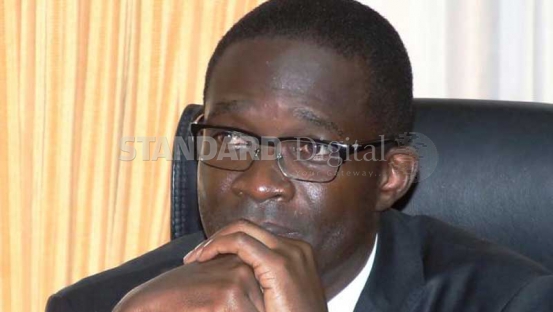
The electoral commission may have deliberately bungled the second attempt to procure 130 million ballot papers to benefit one firm, a damning 92-page ruling by the Public Procurement Administrative Review Board (PPARB) reveals.
In the ruling that cancelled the second attempt at delivering a Sh2.5 billion tender, PPARB said the Independent Electoral and Boundaries Commission (IEBC) seriously flouted all manner of procurement rules in an effort to ensure a repeat of the first tendering process that saw Al Ghurair win the deal to supply and deliver ballot papers and result declaration forms in October last year.